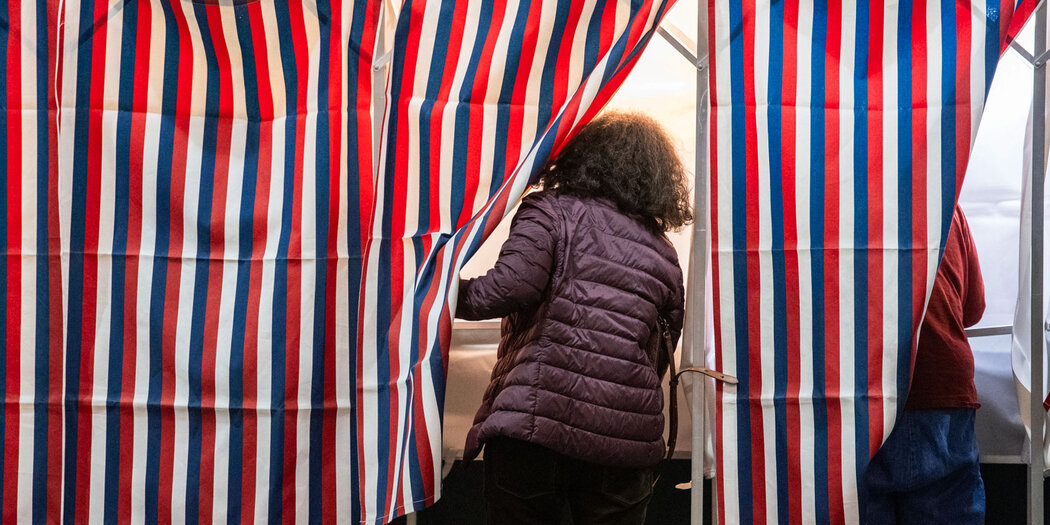The SAVE Act: A Potential Barrier to Voting for Millions of Americans
As discussions intensify around the SAVE Act, proposed by Republicans in the House, concerns are mounting about its potential impact on American voters. This legislation, if enacted, would mandate that voters present a birth certificate, passport, or other citizenship documentation to either register or re-register to vote. Research from the Brennan Center highlights a significant issue: over 21 million Americans lack easy access to these documents, many of whom are active voters.
Potential Disenfranchisement of Active Voters
The SAVE Act does not just impact potential voters, but also those already participating in elections. A 2023 survey conducted by the Brennan Center revealed that 64% of respondents without immediate access to citizenship documents are registered voters, and 60% of these individuals confirmed voting in the 2020 election. This equates to approximately 12 million active voters who might face obstacles in future elections due to documentation requirements.
For those who move, the risk is heightened. The U.S. Census Bureau reports that over 12% of Americans relocate annually. This means millions may need to re-register between now and the 2028 election. The absence of ready access to necessary documentation could exclude many from the voting process, regardless of party affiliation. Notably, 8% of Democrats and 7% of Republicans who voted in 2020 lack easy access to these documents.
Implications for Voter Registration Methods
The SAVE Act would dramatically alter how Americans register to vote, potentially affecting tens of millions, including those with citizenship documents. According to the U.S. Election Assistance Commission, over 91 million citizens registered or updated their registration before the 2020 election, with 70 million doing the same before the 2022 midterms. The Act’s requirement for in-person presentation of documents would severely limit popular registration methods like online and mail registration, which collectively accounted for roughly one-third of registrations in the four years before 2022.
While some voters might adapt to these changes, many could be discouraged by the in-person requirement. Studies indicate that the ease of registration is directly linked to the number of registered voters. Thus, the SAVE Act could prevent some Americans, even those with citizenship documents, from registering and voting if they cannot do so via their preferred methods.







Be First to Comment